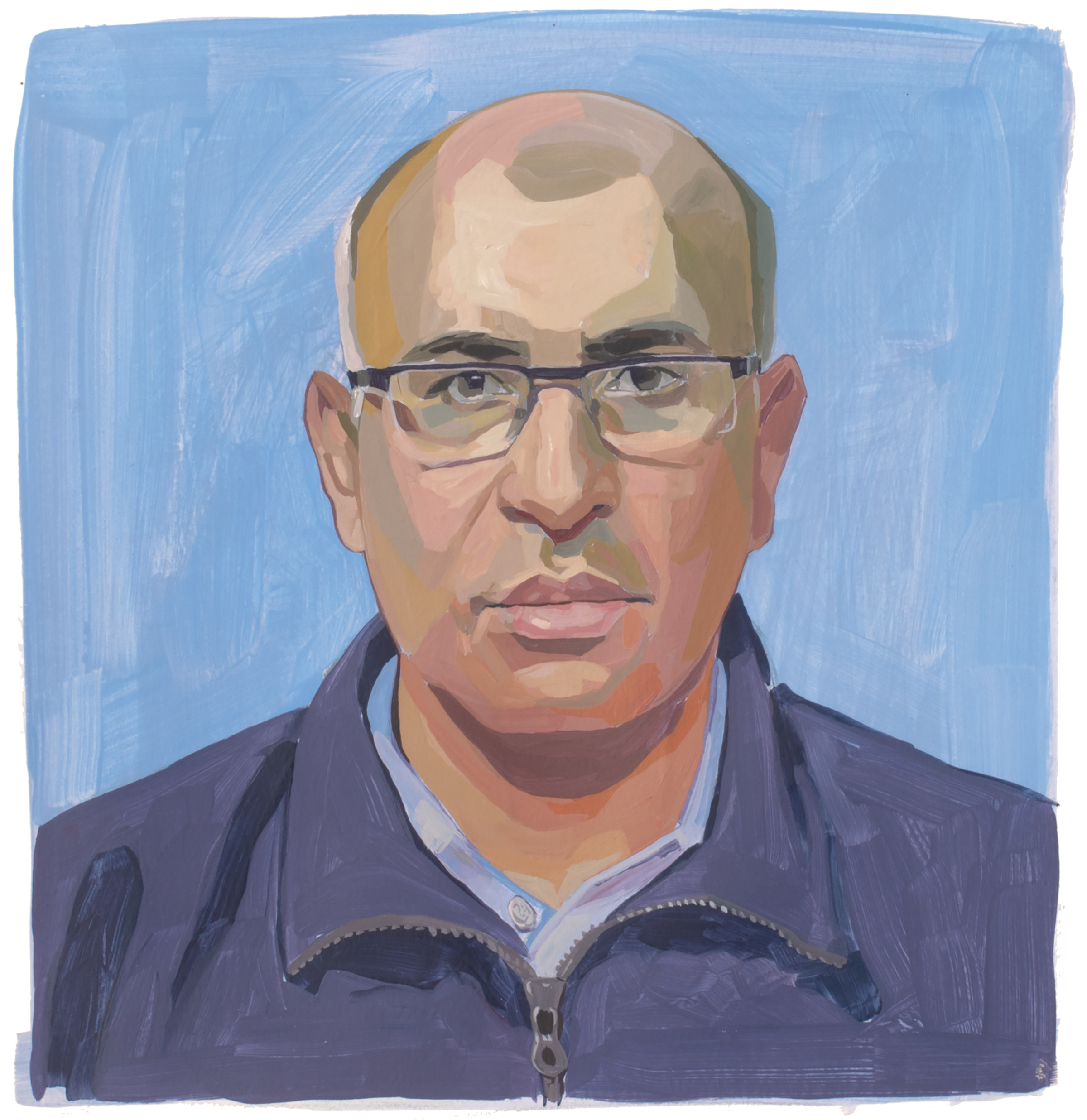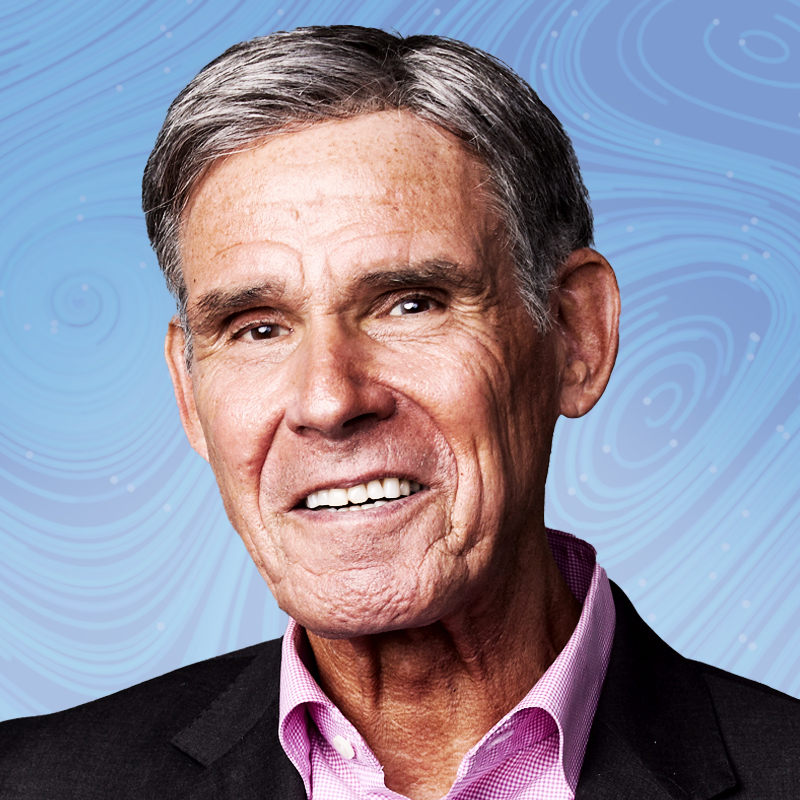When Albert Bourla became CEO of Pfizer in 2019, just before the pandemic, he wanted to make Pfizer’s medicines more affordable to more patients.
But COVID-19 delayed those plans when Bourla decided to shift resources to developing a vaccine. His team got credit for being the first across the finish line in the vaccine race—without receiving government funding through Operation Warp Speed in the research and development process—but then was criticized for keeping prices of the shot too high once the pandemic started to wane. “No good deed goes unpunished,” he says of the hit Pfizer’s stock prices took over the past year. “That’s not good news, because in the next pandemic people will think twice before engaging in something like that if they see companies so successful ultimately punished in the market.” But Bourla says he and his board would make the same choice to invest in a vaccine again if faced with another infectious-disease threat.
In 2022, Bourla doubled down on his original mission, launching the Accord for a Healthier World, in which Pfizer committed to provide 23 medicines, including vaccines, at cost to 45 low- and middle-income countries. In 2023, he added the company’s entire portfolio of products to the accord. But simply making treatments available won’t mean that women in Rwanda, for example, will start receiving Pfizer’s leading breast-cancer drug overnight. In many countries, diagnosis still lags behind, and the equipment needed to detect cancer and other conditions, not to mention the expertise required to administer treatments, isn’t available. That’s why Pfizer hopes the accord is a first step toward convincing other companies to step in and elevate the level of care around the world. “Before, they could say that even if they knew someone had breast cancer, they couldn’t do anything about it because they didn’t have the medicines,” says Bourla. “Now that they do have the medicines, we can remove that as an excuse and try to fix the realities of inequities. We hope to catalyze efforts to see the root causes of health inequities in these countries and eventually fix them.”
More Must-Reads from TIME
- Why Biden Dropped Out
- Ukraine’s Plan to Survive Trump
- The Rise of a New Kind of Parenting Guru
- The Chaos and Commotion of the RNC in Photos
- Why We All Have a Stake in Twisters’ Success
- 8 Eating Habits That Actually Improve Your Sleep
- Welcome to the Noah Lyles Olympics
- Get Our Paris Olympics Newsletter in Your Inbox
Contact us at letters@time.com





